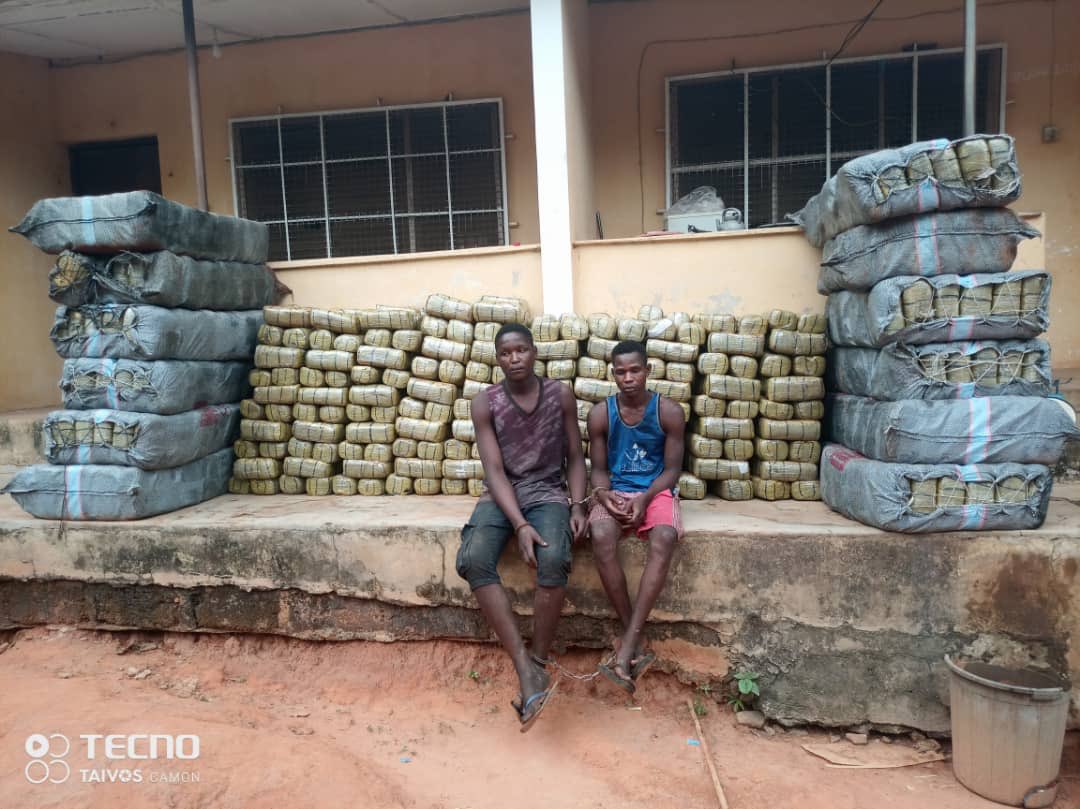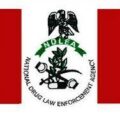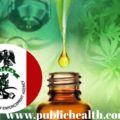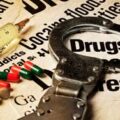
The use of drugs for social rather than prescribed medical reasons has been well documented. A comparison with other third-world countries reveals that Nigeria ranks among the highest users of dangerous drugs such as alcohol, tobacco, cannabis, benzodiazepines, cocaine, and opioids.
A review of the literature clearly indicates that there has been a steady increase in the prevalence of drug use and its associated consequences within the last three decades. Almost all types of psychoactive substances are available in Nigeria due to their spill over into the streets from drug traffickers who use Nigeria as a conduit to transport drugs from South East-Asia (the Golden Triangle) and South America (Bolivia, Peru, and Brazil) to Europe and North America.
History of Drug Abuse and Prevention In Nigeria
Nigeria’s first drug law was the Nigerian Dangerous Drugs Act enacted in 1935. During that period, the number of drugs that were mostly abused was limited to tobacco, kolanut, and alcohol. In the early 1960s, after independence, Nigeria noticed rampant cases of drug abuse young people were resorting to everything including tobacco, alcohol, and illicit drugs.
Drugs became a public issue in Nigeria after independence with discoveries of cannabis farms in the country, arrests of Nigerian cannabis traffickers abroad, and reports of psychological disorders suspected to be associated with cannabis use. However, it was not until the early 1980s that the problem of drug trafficking had become a major social issue with the potential of disrupting international relations and social stability.
Data on the involvement of Nigerians in international drug trafficking show that between 1979 and 1988 there were 14,833 arrests and 4574 convictions in foreign countries. Most of the arrests were made in Britain, the USA, Saudi Arabia, India, Pakistan, and Thailand. Back home, the first arrest for trafficking in an illicit drug other than cannabis was in 1982 with the seizure of cocaine weighing 1.2 kg from one trafficker in the process of taking the drug out of the country. Another single arrest was made in 1983 and, beginning from 1984, there was a significant increase in the arrests of cocaine and heroin traffickers and also in the quantities of drugs seized at the international airports and seaports. In 1989 alone, the number of arrests had reached 146.
This situation, among others, resulted in the creation of the National Drug Law Enforcement Agency (NDLEA) which was established by Decree No. 48 in 1989 to handle issues relating to the abuse and trafficking of narcotic drugs and other psychotropic substances, other than food which by its chemical nature, affects the structure and function of living organisms. By 1994, another landmark effort was made when the Federal Military Government promulgated the special tribunal (miscellaneous offences) Decree No. 20 of 1984 to stop drug trafficking within Nigeria shores. This was because a drug menace continued to rise.
Unfortunately, According to an influential magazine, the NDLEA became ‘Nigeria’s stinking house of drugs and there were regular stories in the media about scan-dals at the agency. In summary, there were celebrated cases of seized drugs disappearing from storage rooms, agents being bribed by drug barons and couriers, sloppy handling of exhibits, missing equipment donated by the international community, improper use of machines, and dogs, vandalization of drug-detecting equipment, conflicts between agencies.
In recent times, following reforms at the primary agency in charge of drug abuse, NDLEA is regaining its lost glory with the massive seizure of narcotics and other illicit drugs at Nigerian ports. Several operations in many locations have led to ground shaking discoveries and dismantling of drug cartels some of which were led by high-profile individuals including politicians and traditional rulers. SEE: 10 Commonly Abused Drugs In Nigeria




